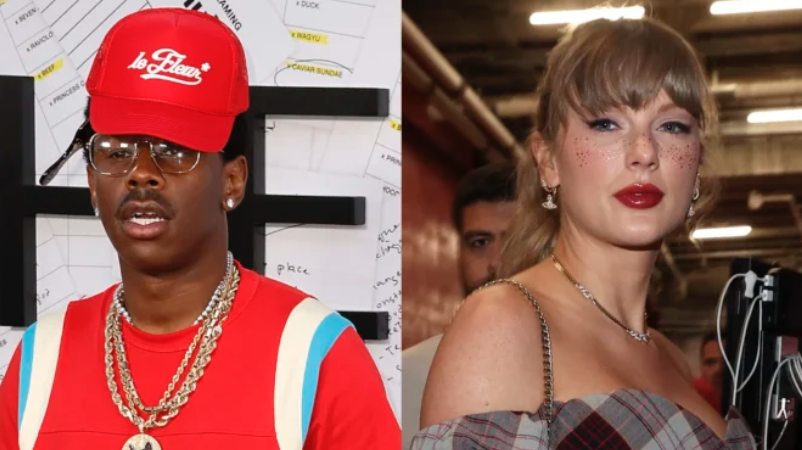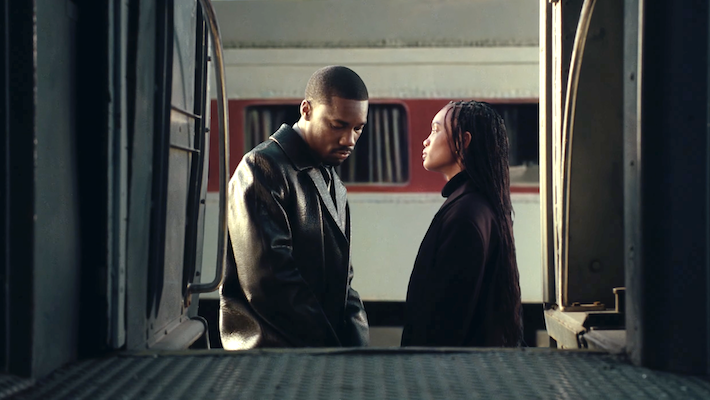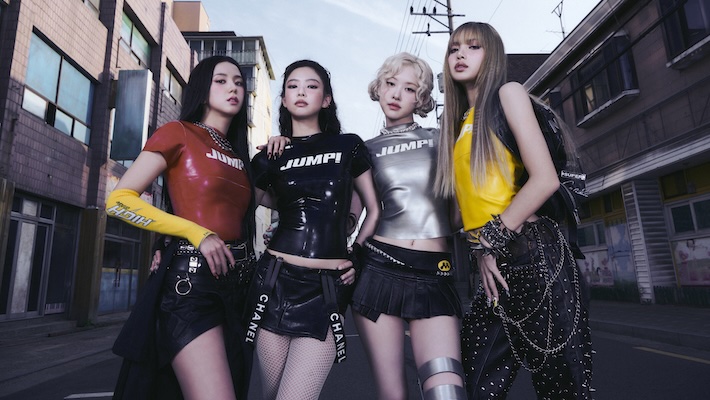Tyler, the Creator responded to criticism from Taylor Swift’s fanbase, known as the “Swifties,” for resurfacing controversial lyrics from his early work, calling out their actions as “racist.”
Oh boy, here we go …
On Thursday, Tyler, born Tyler Okonma, expressed frustration, stating, “I got Swifties all mad at me with their racist ass, bringing up old lyrics. Btch, go listen to ‘Tron Cat,’ I don’t give a fck,” referring to his 2011 song “Tron Cat,” which contains lyrics some find problematic.
Advertisement
Now get this, the reason for the Swifties’ renewed scrutiny of Tyler’s past lyrics isn’t fully clear, but it coincides with Tyler briefly overtaking Swift as the No. 1 global artist on Spotify earlier in the week following the release of his eighth album, Chromakopia. His chart-topping success, which may earn him his biggest streaming debut yet, marked a rare moment unseating Swift from her dominant spot.
On socials, gotta love them, some Swift fans criticized lyrics from “Tron Cat,” including a widely shared post with over 270,000 likes, pointing to disturbing content in the song. However, many of Tyler’s fans defended him, noting that the song’s lyrics, part of his 2011 Goblin album, were intended to portray characters and dark, intrusive thoughts, often framed in a therapeutic setting. As he raps in another song, “Nightmare,” Tyler explores grappling with “a voice in my head / Tellin’ me to do all this f*cked up shit, man.”
Well, to be fair to some, Tyler has a history of controversy surrounding his lyrics, especially in his earlier work with the Odd Future collective, which included violent and offensive themes. These lyrics even led to his ban from the U.K. in 2015, with the U.K. Home Secretary citing encouragement of “violence and intolerance of homosexuality” as reasons. His manager at the time condemned the ban as a “free speech” issue, emphasizing that the lyrics in question were from 2009 and no longer reflected Tyler’s artistic focus. Since then, critics have noted a shift in his music, with Flower Boy (2018) and Call Me If You Get Lost (2021) praised for their mature introspection.
What’s more with Chromakopia’s release, Tyler is once again in the spotlight, though now for his growth as an artist — a shift that his fans argue reflects a significant departure from the lyrical content Swift fans are using against him.




